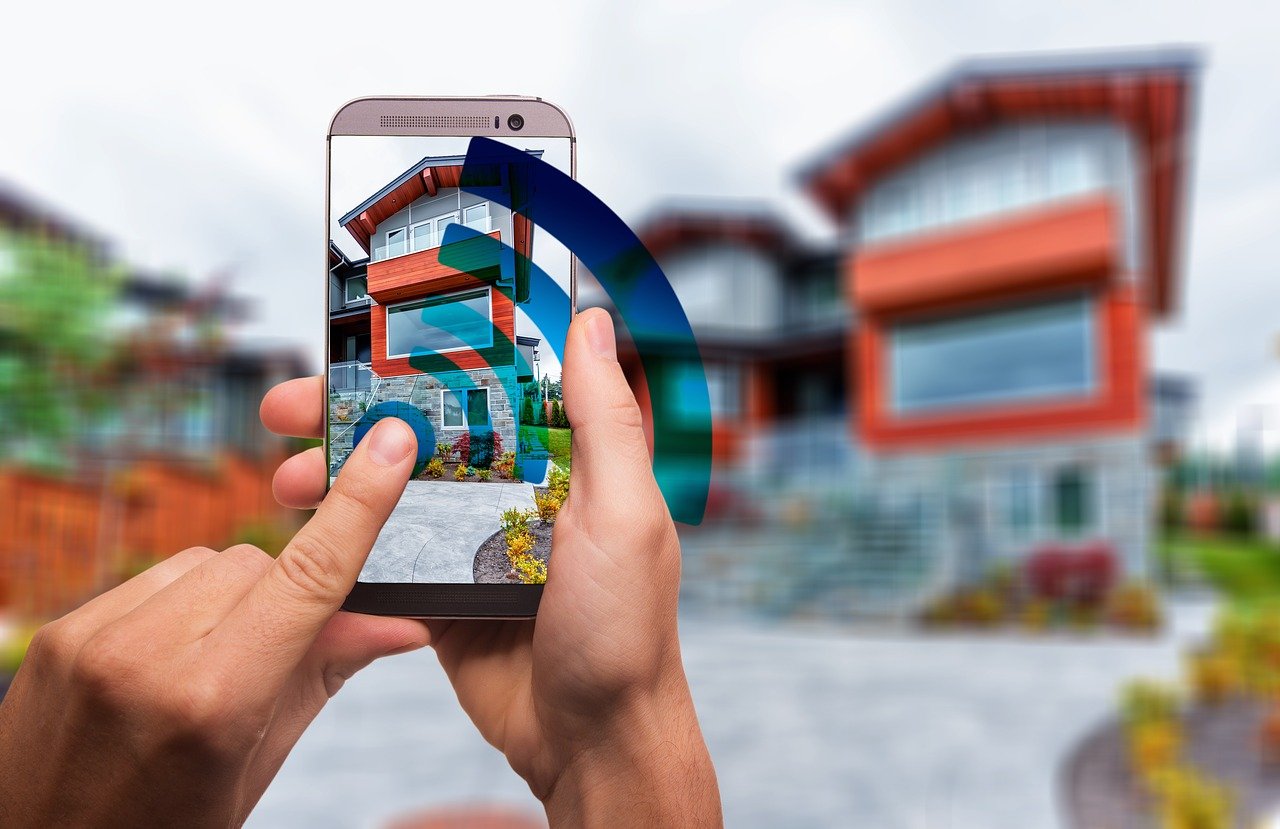These days, you can find WiFi hotspots almost anywhere. Universities, libraries, hotels, airports, and many more service providers make WiFi hotspots available in their spaces for customer convenience. A lot of people use and enjoy this service without confirming and authenticating its safety. The problem with these networks in public places is that they’re hardly secure as such hotspot providers hardly pay attention to public WiFi security. When you are connected to such networks, and you send information to apps and websites, cybercriminals can remotely have access to such information quite easily. But there are ways to use public WiFi safely.
Why public WiFi security is so important
If you log into an unencrypted website via an unsecured network, others connected to the same network can be able to gain access to your information thatwhat you view or send. They can be able to sign in like you in your accounts and cause damage. Your sensitive documents, credit card details, private photos, and contacts can be stolen by cybercriminals.
They maycan be able to hack other websites related to you, steal your money, borrow money from loan apps or even impersonate you to scam family and friends in your contact list. They can steal your identity and cause unimaginable damage.
Another reason you should secure your information while on public WiFi hotspots is to prevent the hotspot provider from gaining unsanctioned access to your information and internet traffic, whether at hotels, schools, airports, and other public places.
Is public WiFi safe?
Public WiFi networks can be safe when you use them with caution. It may seem scary, but some solutions can help you use public WiFi securely. Since you can do very little to guarantee that public WiFi hotspots are safe, these are steps to take to make sure you use public WiFi safely.
- Connect only with secure sites. This means you should only connect to websites with HTTPS in their addresses. However, using an HTTP site does not mean the website is authentic. Cybercriminals also know how to encrypt websites and make them look legit. So though your data cannot be accessed by criminals using the same public hotspot as you, it could be en route to hackers if you are hopping onto a scam website.
- Use a VPN (a virtual private network). Virtual private networks help you encrypt your data in such a way that hackers won’t be able to crack or gain access to it. This is arguably the best way to stay safe on public WiFi networks. VPNs can be free or paid, and it is advisable you go for paid VPNs as the free types are often created for suspicious purposes like data theft.
- Make use of your phone’s mobile data. Since your phone’s data is usually encrypted, you should make use of it when in public spaces, especially when you are going to be typing and sending your personal or financial details to apps or websites. Your mobile data is always a more secure option since we can’t be sure if public WiFi hotspots are secure.
Other than the above-mentioned steps, there are many other ways one can protect oneself and data from cyberbullying. Below are some of these steps:
- Don’t access personal or financial information over public networks.
- Log out immediately if you accidentally find yourself on an unencrypted website.
- Log out each time you are done using an account.
- To prevent hackers who gain access to one of your accounts from breaking into your other accounts, use distinct passwords for each of your accounts.
- Many browsers such as chrome will give you a warning when you are about to get into insecure sites or download malicious files. Pay attention to these.
- Ensure you always keep your browser and anti-malware software up to date.
- Change your settings to avoid automatically logging into public WiFi.
Conclusion
Whether we want to continue working while having a lunch break from work or we need to do a little online research in the school library, public hotspots provide us with much-needed convenience. What matters is that we take public WiFi security seriously to avoid privacy invasion and identity theft.

